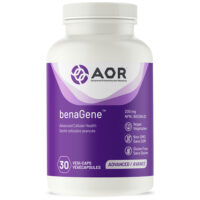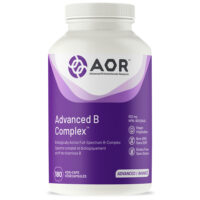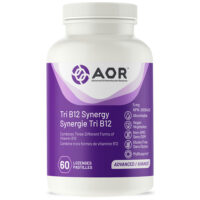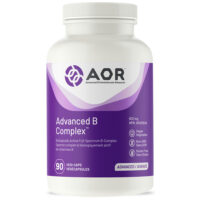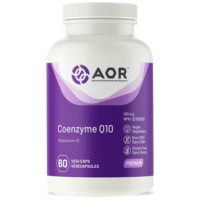We wuld like to share with you a new Clinical Trial published in the British Journal of Nutrition has come out on two of the probiotic strains in OptiBac Probiotics For daily wellbeing.
Lactobacillus acidophilus Rosell-52 and Bifidobacterium longum Rosell-175 were shown in a double-blind, placebo-controlled clinical trial(1) to alleviate psychological distress.
55 healthy volunteers were given either the probiotics or a placebo for a period of 30 days, and the probiotic group demonstrated significant improvements in measures of depression, anger-hostility, anxiety and problem solving. Furthermore, Lactobacillus acidophilus Rosell-52 was shown to help elderly participants to sleep.
Although these results are preliminary, they are very promising in that they add to a growing amount of research linking the gut and the brain. What makes this area of research particularly exciting is the future potential to manage the onset of gastrointestinal diseases. There is already a well-established link between stress, mood disorders, and gastrointestinal disease(2). To date, several studies have indicated that stressful events are associated with the onset of chronic gastrointestinal disturbances(3), inflammatory bowel disease(4,5,6,7), or peptic ulcers(9,10,11). If probiotics can help to manage stress therefore, they could also have a beneficial longterm effect in preventing serious gastrointestinal diseases.
OptiBac Probiotics For daily wellbeing is a natural probiotic supplement, suitable for vegetarians and free from added sugars, gluten, or artificial colourings or flavourings. Recommend it to your customers today.
References:-
1. Messaoudi et al (2010) ‘Assessment of psychotropic-like properties of a probiotic formulation (Lactobacillus acidophilus Rosell-52 and Bifidobacterium longum Rosell-175) in rats and human subjects’ British Journal of Nutrition
2. Forsythe P, Sudo N, Dinan T, et al. (2010) Mood and gutfeelings. Brain Behav Immun 24, 9–16.
3. Lutgendorff F, Akkermans LM & So¨derholm JD (2008) Therole of microbiota and probiotics in stress-induced gastrointestinaldamage. Curr Mol Med 8, 282–298.
4. Duffy LC, Zielezny MA, Marshall JR, et al. (1991) Relevanceof major stress events as an indicator of disease activity prevalencein inflammatory bowel disease. Behav Med 17, 101–110.
5. Garrett VD, Brantley PJ, Jones G, et al. (1991) The relationshipbetween daily stress and Crohn’s disease. J Behav Med 14,87–96.
6. Greene B & Blanchard EB (1994) Cognitive therapy for irritablebowel syndrome. J Consult Clin Psychol 62, 576–582.
7. Bennett EJ, Tennant CC, Piesse C, et al. (1998) Level of chroniclife stress predicts clinical outcome in irritable bowel syndrome.Gut 43, 256–261.
8. Levenstein S, Kaplan GA & Smith MW (1997) Psychologicalpredictors of peptic ulcer incidence in the Alameda CountyStudy. J Clin Gastroenterol 24, 140–146.
9. Levenstein S, Ackerman S, Kiecolt-Glaser JK, et al. (1999)Stress and peptic ulcer disease. JAMA 281, 10–11.
10. Levenstein S, Prantera C, Varvo V, et al. (2000) Stress andexacerbation in ulcerative colitis: a prospective study of patientsenrolled in remission. Am J Gastroenterol 95, 1213–1220.
11. AoyamaN, KinoshitaY, Fujimoto S,Himeno S, et al. (1998) Pepticulcers after the Hanshin-Awaji earthquake: increased incidence ofbleeding gastric ulcers. Am J Gastroenterol 93, 311–316.



